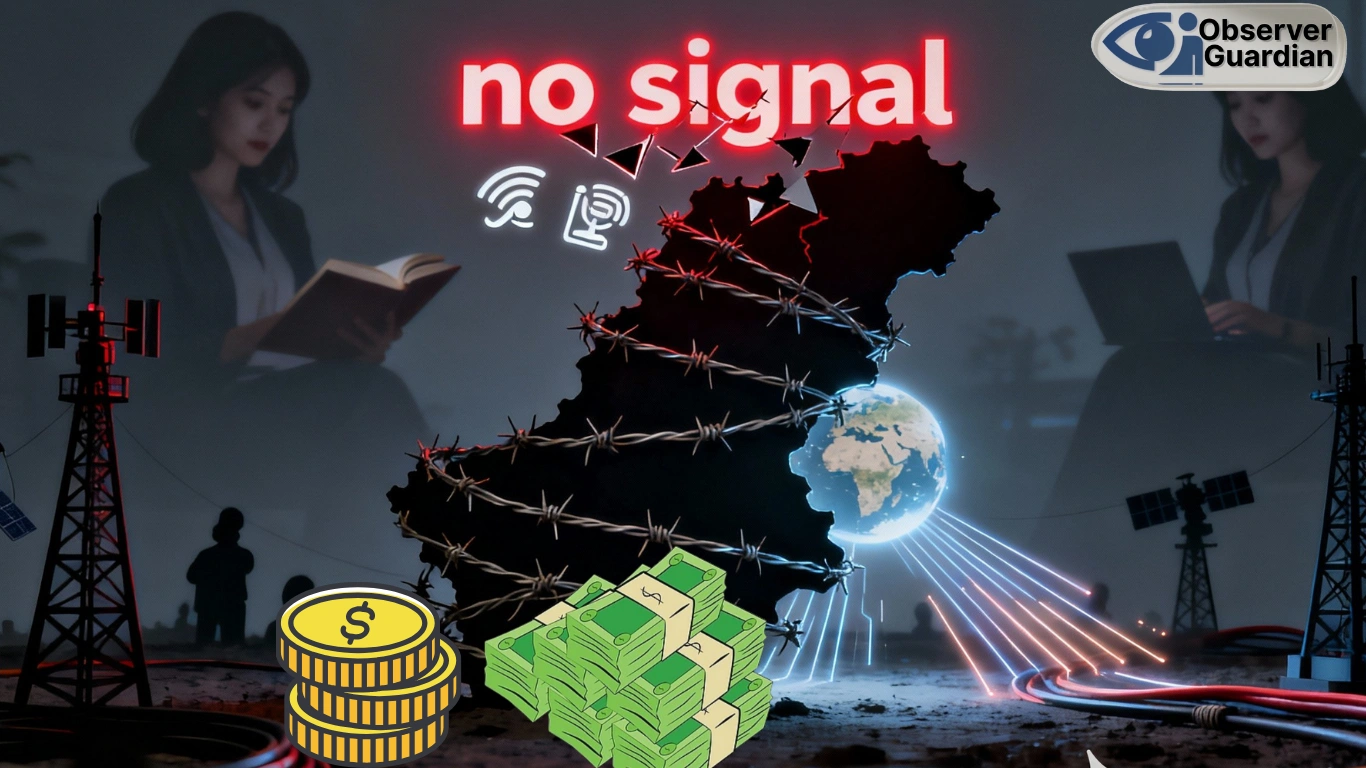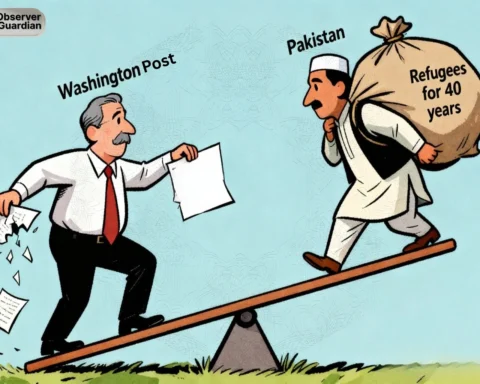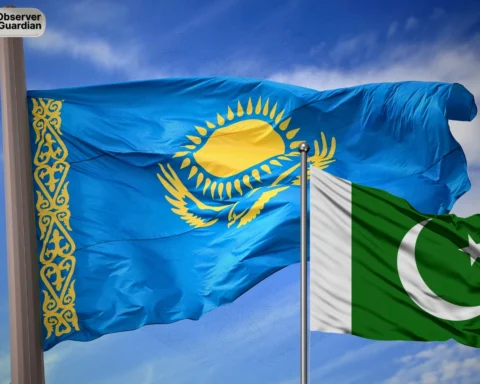Taliban authorities shut down communications across Afghanistan Over the past week, the Taliban have basically pulled the plug on Afghanistan’s communications. At first, they targeted certain provinces, saying they were trying to stop “immorality” online. But then things escalated fast, and by late September, almost the whole country was in a blackout. Internet traffic dropped to a trickle around 1% of what’s normal and mobile data (3G/4G) was switched off. Only the old, clunky 2G networks are flickering on here and there.
For ordinary Afghans, this has been devastating. Banks can’t process transfers, people can’t pull cash from ATMs, taxis and delivery services have gone silent. Even flights have been disrupted because airlines and airports can’t coordinate properly without the internet. Some diplomats and aid groups are scrambling with satellite phones, but for most people, daily life just stopped.
The worst hit are women and girls. Since the Taliban already block them from most schools and jobs, the internet had become one of the only ways to keep studying or working remotely. With that lifeline gone, many are now completely cut off. Journalists are also struggling newsrooms cannot publish, and the flow of reliable information has basically dried up.
International groups haven’t stayed quiet. The UN and human rights organizations are pressing the Taliban to bring communications back, saying the blackout deepens the economic crisis and violates people’s rights. But so far, the Taliban haven’t given any clear reason or timeline for when things might return to normal. Their explanations like stopping “immorality” sound more like excuses to tighten control than genuine security concerns.
If you zoom out, this isn’t just about losing internet access. It’s about silencing a whole country. Afghanistan was already struggling with poverty, displacement, and harsh restrictions on women. Cutting off communication adds another layer of isolation, making it harder for families to survive, for aid to reach those who need it, and for people’s voices to be heard.







